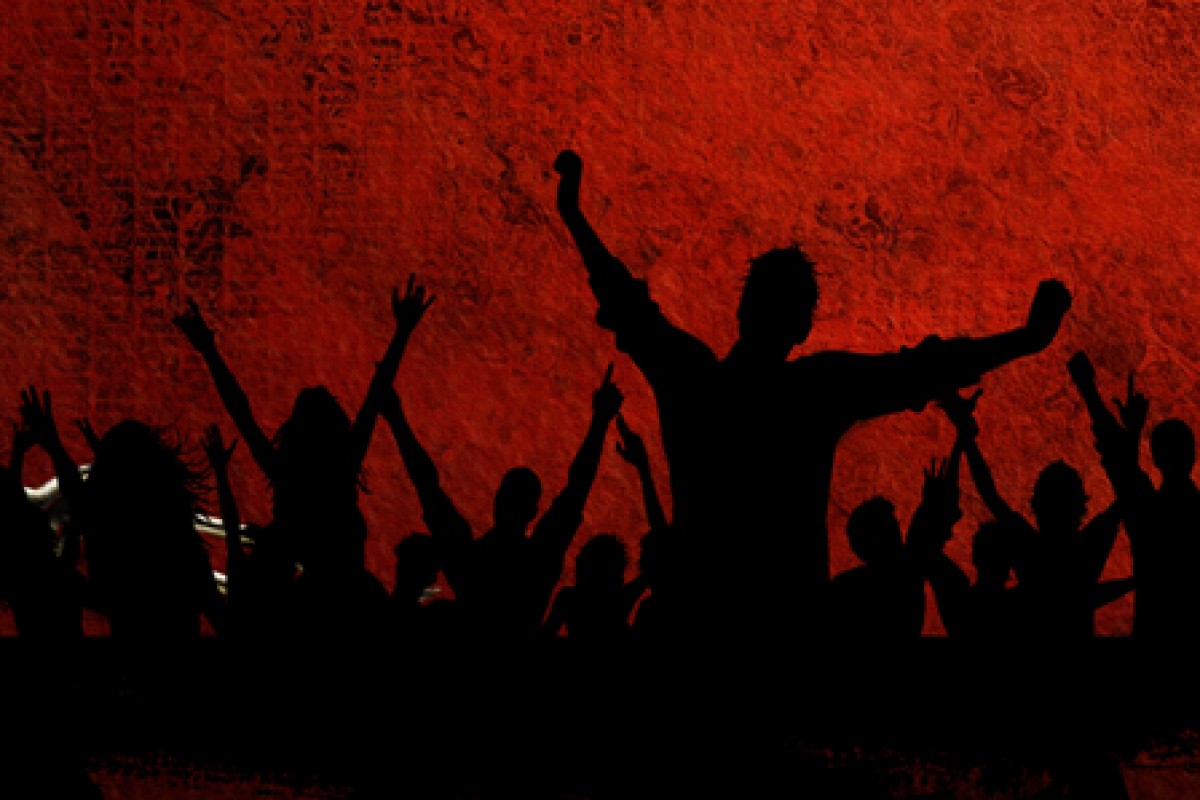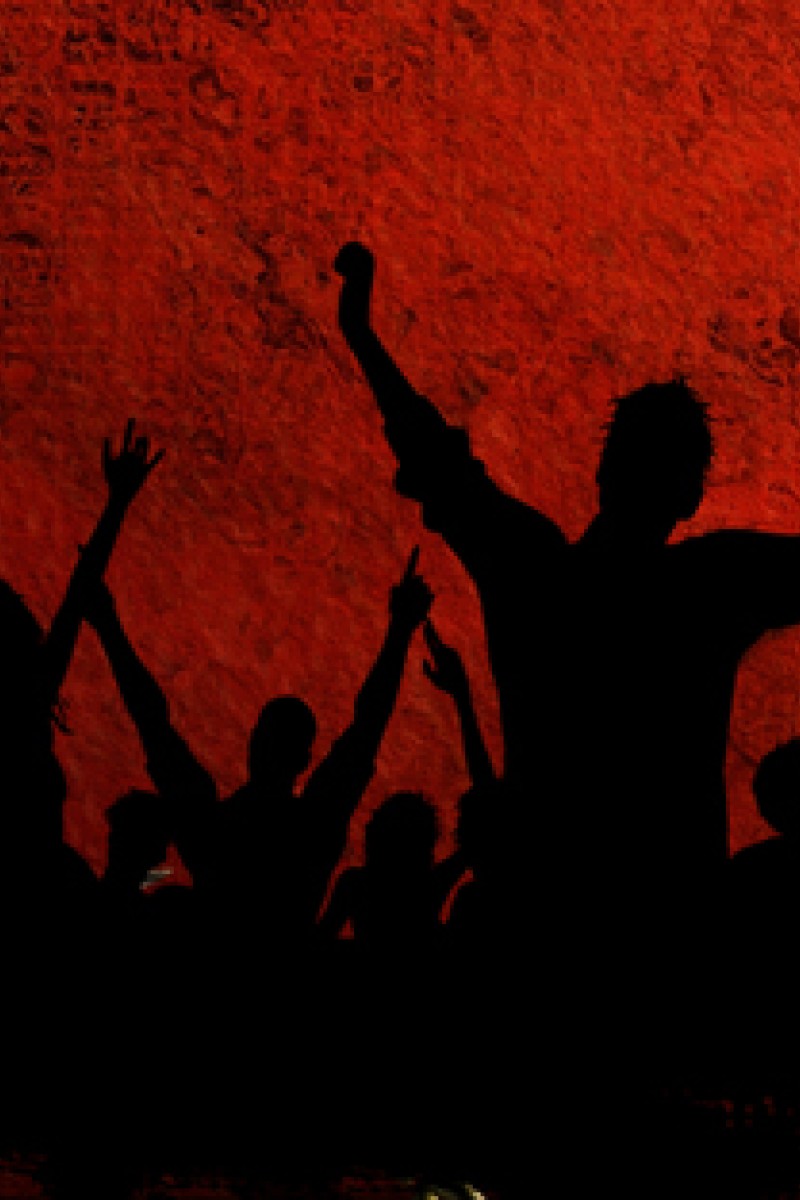
Freedom of expression allows journalists to expose corruption and reveal abuses of power and human rights.
According to Reporters Without Borders, a leading advocate of press freedom, 16 journalists have been killed and 150 imprisoned this year alone worldwide. A further 123 netizens have been thrown in prison on various charges.
The authorities are severely curtailing press freedom in many countries.
Before Tunisian dictator Zine al-Abidine Ben Ali was overthrown on January 14, no public criticism of his regime had been allowed. Critics and outspoken journalists were intimidated and jailed.
An editor of the newspaper Al-Fajr was sentenced to 16 years in prison in 1992 after his newspaper urged the government for a reform of the military justice system. He was charged with insurrection and membership in an illegal organisation.
Since the Jasmine Revolution overthrew the regime, press freedom has been improving. Media reports indicate that books once banned have appeared on store shelves.
Yet the successful revolutions in Tunisia and Egypt have led other governments to tighten their grip on information even further in order to avoid a repeat rebellion at home. Beijing is one such government.
According to a statement issued by the Hong Kong Journalists Association in March, several Hong Kong journalists were taken away by police while they were reporting the news in Beijing.
The statement said that an ATV reporter and cameraman were detained briefly by authorities. Their footage was erased.
In another development, government critic and artist Ai Weiwei was detained in April. He is now facing charges of "economic crimes".
It is not just governments that go after journalists. Rocio Gallegos, a journalist for the Mexican newspaper El Diario, can tell you that.
She told the World Association of Newspaper and News Publishers that journalists in the region were often hunted down and killed by drug cartels. Two of El Diario's own journalists had recently been murdered.
Local journalists operated almost in secret. "We avoid mobile phone or telephone conversations for fear of surveillance," Gallegos said. "We avoid sending our reporters to cover scenes alone or at night."
Yet despite grave threats to her life, she won't give up.
"As long as citizens have us as a way to channel their voices, as long as they have a voice and want it heard, we journalists will be there, doing our job," she stressed.
